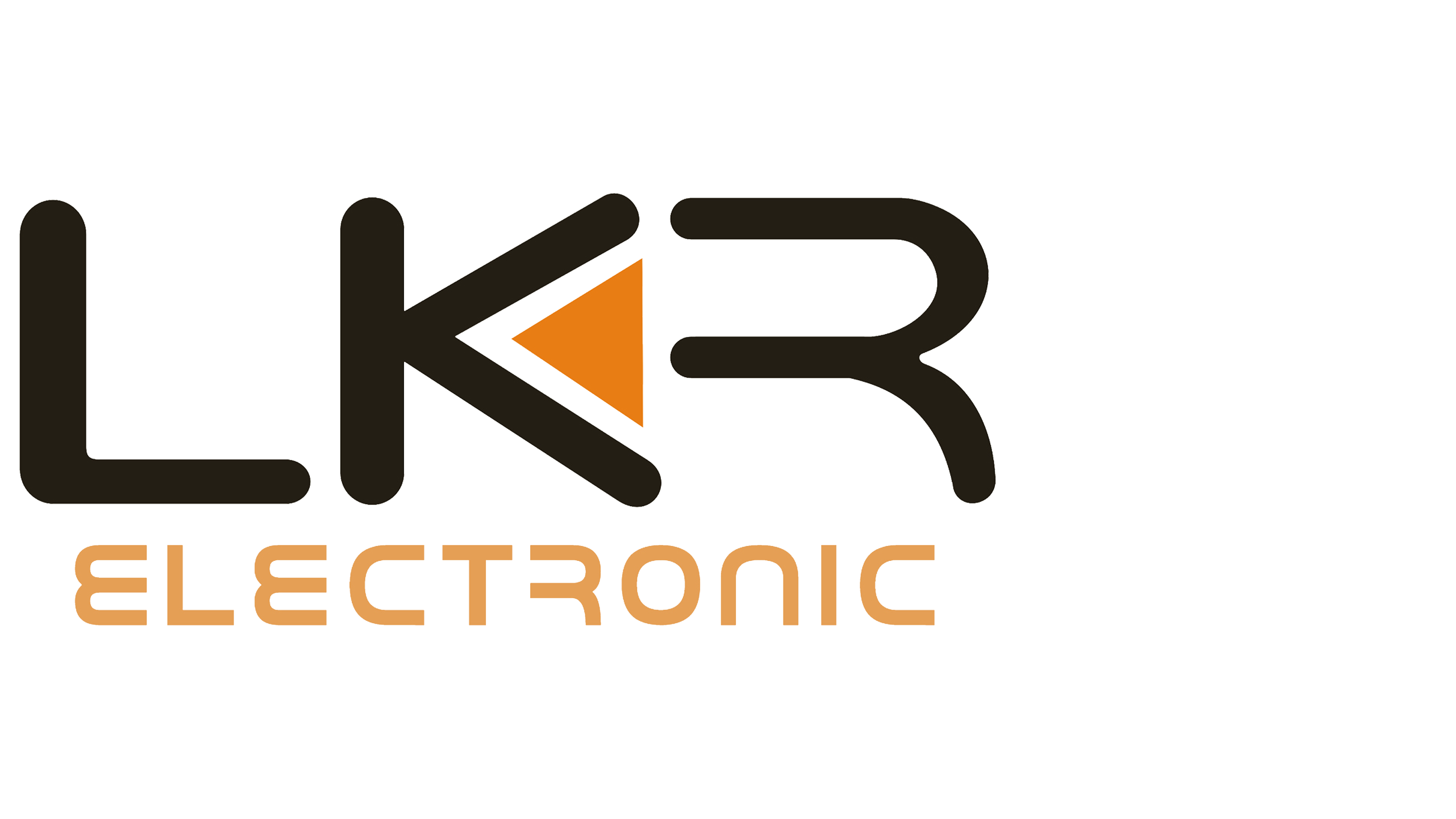Exploring the future: Creating sustainable energy solutions with 18650 batteries
18650 lithium battery
The 18650 battery is a type of lithium-ion battery commonly used in electronic devices and portable power supplies. Their name is derived from their size, where 18 denotes a diameter of 18mm, 65 denotes a length of 65mm, and 0 denotes a cylindrical battery. 18650 means 18 mm in diameter and 65 mm in length, hence the name 18650. Such batteries are characterized by high energy density and long life, and are used in a wide variety of applications.
18650 is the originator of lithium-ion batteries, which is a standard lithium-ion battery model set by SONY in Japan in order to save costs; Generally, 18650 batteries are used more in industry, and there are few civilian batteries, such as laptop batteries, handheld power tools, electric vehicle batteries, and so on.
18650 lithium batteries are generally divided into two types
The common 18650 battery is divided into lithium-ion batteries and lithium iron phosphate batteries. Lithium-ion battery voltage is nominal voltage 3.7v, charging cut-off voltage is 4.2v, lithium iron phosphate battery nominal voltage is 3.2V, charging cut-off voltage is 3.6v, the capacity is usually 1200mAh-3350mAh, common capacity is 2200mAh-2600mAh. 18650 lithium battery life theory for 1000 cycles of charge.
18650 Unit density capacity of lithium battery
The unit density capacity of 18650 lithium battery is very large, so most of it is used for laptop batteries, in addition, because the stable performance of 18650 in work is very good.
Widely used in major electronic fields: often used in high-grade light flashlight, portable power supply, wireless data transmission, electric warm clothes, shoes, portable instruments, portable lighting equipment, portable printers, industrial instruments, medical instruments and so on.
Lithium battery standard 3.7V or 4.2V is the same. It's just that the manufacturer labels it differently. 3.7V refers to the platform voltage (i.e. typical voltage) at which the battery is discharged during use, while 4.2V refers to the voltage at full charge. Common rechargeable 18650 lithium battery, the voltage is standard 3.6 or 3.7v, fully charged when 4.2v, which has little to do with the power (capacity), 18650 battery mainstream capacity from 1800mAh to 2600mAh, (18650 power battery capacity is more than 2200~2600mAh), The mainstream capacity even has a standard 3500 or 4000mAh above.
It is generally believed that the no-load voltage of the lithium battery is below 3.0V and that the electricity is used up (the specific value needs to see the threshold value of the battery protection board, such as as low as 2.8V and 3.2V). Most lithium battery discharge can not put the no-load voltage below 3.2V, otherwise excessive discharge will damage the battery (lithium batteries on the general market are basically used with a protection board, so excessive discharge will also lead to the protection board can not detect the battery, thus unable to charge the battery). 4.2V is the maximum limit voltage of battery charging, it is generally believed that the lithium battery no-load voltage is charged to 4.2V, the battery charging process, the battery voltage at 3.7V gradually rises to 4.2V, lithium battery charging can not charge the no-load voltage to 4.2V or more, otherwise it will damage the battery, which is the special place of lithium battery.
The advantages of 18650 lithium battery
High energy density: the capacity of 18650 lithium battery is generally between 1200mah~3600mah, while the general battery capacity is only about 800mah, relative to other types of batteries, 18650 lithium battery has a higher energy density, can store more energy, so that it provides a longer use time in the same volume. If combined into 18650 lithium battery pack, the 18650 lithium battery pack can easily break through 5000mah.
Long life: 18650 lithium batteries have a long cycle life and can usually be charged and discharged hundreds of times or more, which makes them a reliable energy choice for long-term use.
High safety performance: 18650 lithium battery safety performance is high, in order to prevent battery short circuit phenomenon, 18650 lithium battery anode and cathode are separated. So the possibility of a short circuit has been reduced to the extreme. You can install a protection plate to avoid overcharging and overdischarging the battery, which can also extend the service life of the battery.
High voltage: The voltage of 18650 lithium batteries is generally 3.6V, 3.8V and 4.2V, which is much higher than the 1.2V voltage of nickel-cadmium and nickel-metal hydride batteries.
No memory effect: there is no need to empty the remaining power before charging, easy to use.
Small internal resistance: the internal resistance of the polymer cell is smaller than that of the general liquid cell, and the internal resistance of the domestic polymer cell can even be below 35mΩ, which greatly reduces the power consumption of the battery, extends the standby time of the mobile phone, and can fully reach the level of international standards. This polymer lithium battery, which supports large discharge currents, is an ideal choice for remote control models and has become the most promising alternative to Ni-MH batteries.
High availability: Due to their moderate size and reliability, 18650 lithium batteries are used in a wide variety of applications, including electronic devices, power tools, electric vehicles, portable power supplies, and more.
What are the advantages and disadvantages of 18650 lithium battery and 26650 lithium battery
18650 lithium battery and 26650 lithium battery are two common lithium battery types, they are different in size, capacity and application, so each has advantages and disadvantages.
18650 lithium battery
Advantages:
The smaller size and weight make it more suitable for devices that require a lightweight design.
A relatively high energy density can provide a large amount of energy in a relatively small volume.
It is more common in the market, there are more product choices and manufacturers, and the price is relatively low.
Suitable for applications requiring high power output, such as electronic devices and handheld tools.
Cons:
The relatively small capacity may require more frequent charging.
Due to its small size, the heat dissipation performance may be poor and it is susceptible to overheating.
For some high power applications, sufficient current output may not be available.
26650 lithium battery
Advantages:
Larger size and capacity, can provide longer use time and higher current output.
Due to the large size, the heat dissipation performance is better, and it is more suitable for some high-power applications.
Relatively long life, can withstand more charge and discharge cycles.
Cons:
The large size and weight are not suitable for all equipment designs.
There are relatively few market choices, and many manufacturers do not produce the battery, and the product variety may not be as many as the 18650 battery.
The performance position is gradually replaced by 18650 batteries, and the relatively high price may increase the cost of use.
Conclusion
Overall, the 18650 lithium battery is known for its high energy density, long life and wide range of applications, making it an ideal energy choice for many portable and electric devices.
The future development trend of 18650 lithium batteries will mainly focus on improving energy density, increasing cycle life, improving safety, promoting environmental sustainability and expanding application fields to meet the growing market demand and environmental protection requirements.












